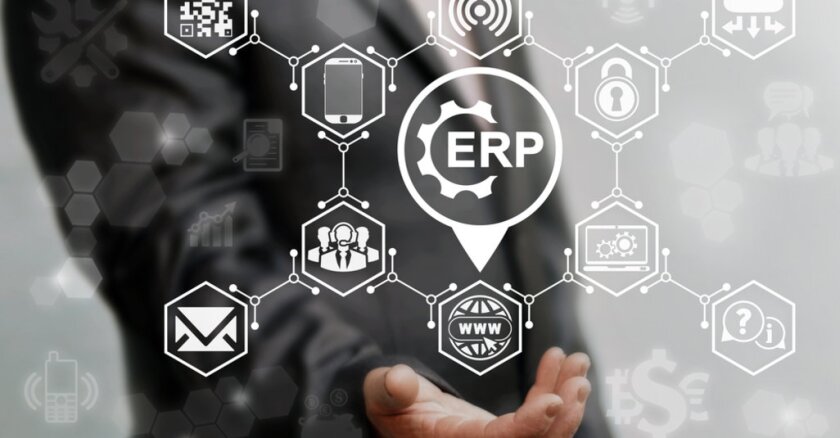Science
Universities Must Rethink ERP Systems for Effective Management

Universities are facing significant challenges with their enterprise resource planning (ERP) systems, which are often viewed merely as technical upgrades. The reality is that these systems have far-reaching implications on institutional operations, affecting day-to-day functioning, departmental communication, and student experiences. As universities modernize their ERP systems, they must recognize that these projects are not just about technology; they are fundamentally about institutional strategy.
When stakeholders, including staff and students, interact with ERP systems, the outcomes can be frustrating. One example illustrates this issue: a student attempting to resolve a financial aid matter found herself navigating through three different offices, each providing a different version of her records. This lack of cohesion among departments reflects a deeper problem of disconnection rather than technical failure. Such experiences erode trust in the system.
As modern ERP solutions can significantly streamline processes, save time, and reduce manual labor, the true challenge lies in ensuring that all users understand and trust the system. Many departments still rely on traditional methods such as spreadsheets or paper documentation. This reliance often stems from their exclusion in the planning stages of new ERP implementations. If a system does not appear user-friendly or beneficial, staff will seek alternatives, undermining the system’s purpose.
Leadership must recognize that ERP implementation requires a collaborative approach rather than a simple upgrade. It is essential for university administrators to engage with staff early in the process, demonstrating how the new system can simplify their work while also taking feedback seriously. The launch of an ERP system should be viewed not as a conclusion but as a new beginning.
Maintaining an open dialogue post-implementation is crucial. IT leaders should create avenues for ongoing feedback and adjustments to ensure the system continues to meet the needs of all users. Although modernizing ERP systems can be costly, the expenses associated with outdated systems—such as wasted time, frustrated staff, and dissatisfied students—can be even greater.
Universities that successfully navigate these challenges will be those that adapt their perspective on ERP from a mere technological tool to an essential framework that supports their entire institutional structure. By doing so, they can enhance the overall experience for students and staff alike, reinforcing their commitment to effective management and collaboration.
In conclusion, transforming the approach to ERP systems is not merely about software; it is about making strategic decisions that reflect how universities serve their communities.
-

 World5 days ago
World5 days agoCoronation Street’s Shocking Murder Twist Reveals Family Secrets
-

 Entertainment4 months ago
Entertainment4 months agoKate Garraway Sells £2 Million Home Amid Financial Struggles
-

 Entertainment3 months ago
Entertainment3 months agoAnn Ming Reflects on ITV’s ‘I Fought the Law’ Drama
-

 Entertainment3 days ago
Entertainment3 days agoAndrew Pierce Confirms Departure from ITV’s Good Morning Britain
-

 Health3 months ago
Health3 months agoKatie Price Faces New Health Concerns After Cancer Symptoms Resurface
-

 Entertainment4 weeks ago
Entertainment4 weeks agoCoronation Street Fans React as Todd Faces Heartbreaking Choice
-

 World4 weeks ago
World4 weeks agoBailey Announces Heartbreaking Split from Rebecca After Reunion
-

 Entertainment1 week ago
Entertainment1 week agoTwo Stars Evicted from I’m A Celebrity Just Days Before Finale
-

 World1 week ago
World1 week agoKevin Sinfield Exceeds Fundraising Goal Ahead of Final Marathons
-

 Entertainment3 months ago
Entertainment3 months agoCoronation Street’s Carl Webster Faces Trouble with New Affairs
-

 Entertainment3 months ago
Entertainment3 months agoWhere is Tinder Swindler Simon Leviev? Latest Updates Revealed
-

 Entertainment4 months ago
Entertainment4 months agoMarkiplier Addresses AI Controversy During Livestream Response

















